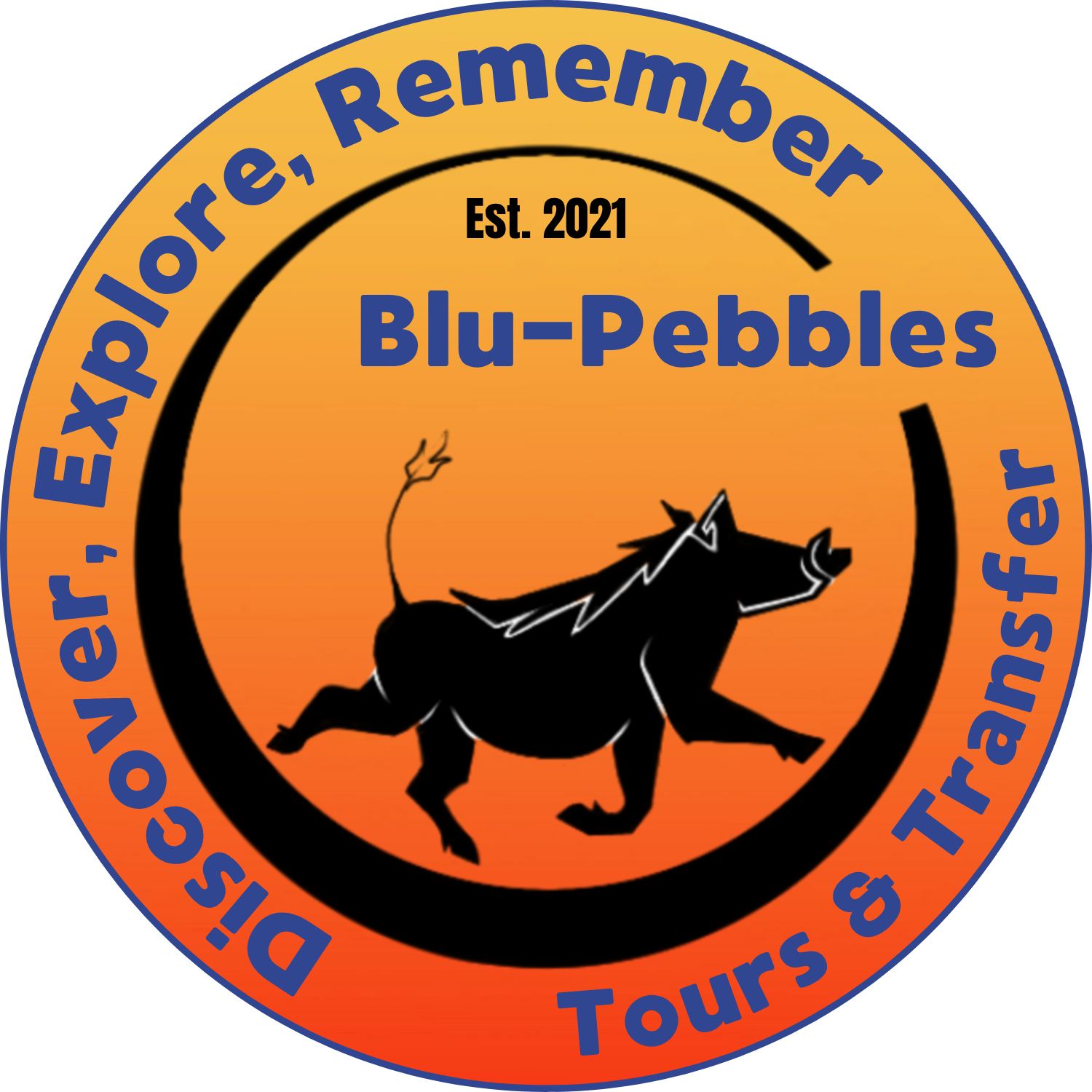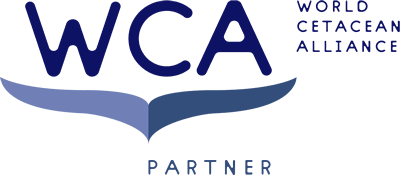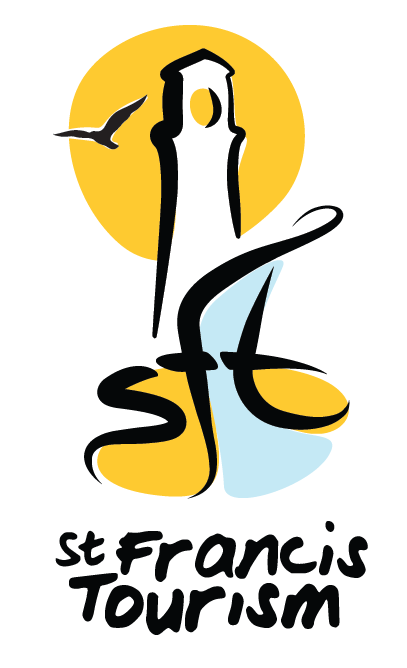FREQUENTLY ASKED QUESTIONS ABOUT THE VOLUNTEER PROGRAM
Who can volunteer with the Algoa Baywatch?
Anyone over the age of 18, of any nationality (including South African) can apply to volunteer for the Algoa Baywatch. You will need to ensure that you have funds to cover your trip, have a valid passport for the duration of your stay and do not have a criminal record.
How long can I volunteer for?
We can usually accommodate for any period of time, with a minimum duration of one month.
What is the work like?
Volunteers will be busy with marine conservation. The many practical outings, for example to St Croix Island, Bayworld, and on fishing expeditions, will lead to a lot of knowledge about what is going on in nature. You must expect a lot of diversity on the course.
Because we believe that one can learn a lot more from practical outings than just theory, we decided to focus more on the practical side. Of course you must have some theoretical knowledge about the different subjects and to equip you better for this situation, routine input is given by our skilled staff. The great thing is that you will soon find that you can actually apply the theory in practice when you are out at sea.
A core part of the assignment includes working with the public. Volunteers will eventually all be expected to participate in the various briefings and talks to tourists on the boat. They will also be taught the basics of boat handling and be expected to drive the boat on occasion. There is the opportunity to get your skippers ticket whilst on the project. Volunteers will also be expected to undertake some proactive marketing and make constructive suggestions to improve our marketing strategy.
Do I need any qualifications?
To volunteer for the Algoa Baywatch you do not need to have any qualifications. You just need to be motivated and you must be willing to learn. You will see a lot of things you may have never seen in your life so just keep your mind open and take in the experience.
How much does it cost and what does the fee cover?
Please visit our Costs page for this information.
Why do I have to pay to be a volunteer?
Africa is the poorest continent in the world and there is essentially no budget to run the conservation and educational volunteer programs we have here. Your payment gets broken in to two; the first section goes towards meeting the costs of your stay (meals, accommodation, transportation etc.), and the second part goes towards the operating costs of the project.
Where is the Algoa Baywatch located?
The volunteer house is located in Seaview, near Port Elizabeth, in the Eastern Cape province of South Africa. Most of the work will take place in and around Port Elizabeth, or at sea.
What arrangements are made for when I arrive at the airport?
The Algoa Baywatch will meet you at the airport upon your arrival and transport you to the volunteer house.
What happens during orientation?
Once you arrive in Port Elizabeth, you will be met by a Lloyd Edwards of the Baywatch Project, he will be your host and teacher for your stay. You will then be brought to the house for orientation, lasting 2-3 days. This way you are able to meet the current volunteers at the house, and the Raggy Charters staff you will be working with, get familiar with the area that you'll be staying in, and get used to the African way of life. It will also enable you to gather some basic information about life as a volunteer, in South Africa, and also give you the chance to get familiar with the currency, the shops and products available, modes of transportation etc. All the basics you will need to know before embarking on the project.
What does the Algoa Baywatch do for me while I am volunteering?
We will be a constant support to you while you are on the project. You will be living at our house so will have daily contact with the staff and other volunteers. We will ensure that you have transport to and from the project, and to/from any where you may need to attend in relation to your work. We will also provide computer, internet, and telephone access for you and cover any project-related usage. We can also help you identify and meet useful contacts in the area, assist with translation where necessary, and generally support you in whatever way you may require. We will provide accommodation for the duration of your stay, and occassional meals. We are always on hand to try and resolve any difficulties our volunteers may be facing, whether personal or work related. We want everyone to enjoy their time here and hope you hope that you will feel able to approach us about any concerns so that we can try to find a solution as quickly as possible. If you are unhappy on the project, we will endeavour to find a way of improving the situation
FREQUENTLY ASKED QUESTIONS ABOUT OTHER THINGS
What kind of visa or permit do I need to volunteer?
On entry to South Africa most volunteers are issued with a temporary residence permit, with a volunteer amendment. Please visit our visas page for more information.
What kind of travel insurance do I need?
You will need to arrange your own comprehensive travel insurance for the duration of the time you plan to spend in South Africa, including the period you will be volunteering for. Your travel insurance should cover you for repatriation and also for any activities you may wish to take part in during your stay. These will depend on both the project you will be working on and your own interests. It is important to ensure you are covered for activities such as horse-riding, abseiling, bungee jumping, sky diving etc. should you plan to participate in any of these.
What kind of vaccinations do I require?
The only vaccinations you need are updated tetanus and polio injections, although some doctors also immunise against yellow fever, should you be planning to travel elsewhere in Africa. It is advisable to consult a doctor or pharmacist before you leave to make sure you are covered against all eventualities.
Do I need to take medication for malaria?
The majority of South Africa is free of malaria, so unless you are planning to travel in the Northern area (i.e. Kruger National Park and the surrounding areas) or into Mozambique or Swaziland, you do not need to take anti-malaria medication. All anti-malaria drugs are freely available in South Africa and, in general, much cheaper than overseas so it is advisable to purchase them over here. It is also worth bearing in mind that many South African's choose not to take anti-malaria medication, even when in malaria areas. This is because there are three different strains of malaria and so the presence of anti-malaria drugs in the bloodstream can the strain harder to identify and, therefore, more difficult to treat promptly. Even if you contract malaria, it is very rarely life-threatening as long as it is treated promptly.
What should I bring with me?
Please visit our what to pack page for more information.
FREQUENTLY ASKED QUESTIONS ABOUT ACCOMMODATION
What is Seaview like?
Seaview is a very safe and small village just a few kilometres west of Port Elizabeth. There are big houses with even bigger gardens and it is just a couple of metres away from the beach. It is a beautiful place to live and do volunteer work. At least, that is what our volunteers have said so far.
Is South Africa safe?
Like many countries, South Africa's international reputation for high levels of crime is largely based on activities in the big cities, such as Johannesburg and Cape Town. The area you will be living and working in will be as safe as any in Europe and safer than many. As long as you treat others with respect and use your common sense, you'll be fine. South African's are generally very friendly people and the majority will be eager to ensure you have a safe and pleasant stay. Port Elizabeth is also known as the Friendly City. Although having said that, it is not advisable to wander in to townships or locations you are not familiar with unless accompanied by someone who is.
Are there any leisure facilities in the area?
In the house we have two entertainment areas. One has a television with DVD player and a lot of DVDs are available, but you can always bring your own favourites. Port Elizabeth doesn't just have one big centre where everything is happening like in Europe. All the shops and restaurants are located in different malls. In the nearest mall there are three restaurants and plenty of shops. A cinema is also situated in the mall where you can watch the latest movies. There is also a popular restaurant in Seaview where you can get a delicious three course meal. In all instances you'll find the cost of these is extremely favourable compared to first world countries.
What is the cost of living?
It is always difficult to gauge how the cost of living compares to that in other countries. The amount of spending money that you will need will vary according to how much you want to shop, eat and drink, during leisure time. While the majority of produce is cheaper over here, some imported items will be around the same price as in Europe and the US. For example, CDs are often a similar price, as are trainers/sneakers, and electrical items. For the most part however, everything from clothes and jewellery, to groceries and meals out will be considerably cheaper. While travelling, you will find backpacker dorm rooms, snacks and drinks at reasonable prices.
What kind of activities are available to me in my free time?
There are a lot of activities and of course you want to make the most of your stay in Africa. That's why we also offer enough time off for all kinds of activities. Please visit our activities page for more information.
How do I stay in touch with family and friends?
We have a wireless internet connection so if you have one, bring your laptop with you for skyping and emailing. You can also buy prepaid telephone cards when you're here so that you can sms and call all of your family and friends. Friends and family can also visit you, you will just have to make some arrangements while you are here.
What kind of food will be available?
The food you will be eating will be predominantly western food (potatoes, beef, vegetables etc.). One of the national sports in South Africa (besides rugby) is using the braai (barbeque). A lot of fresh meat and fish will be prepared on the braai. If you have any specific dietary requirements or foods you dislike please tell us in advance.











